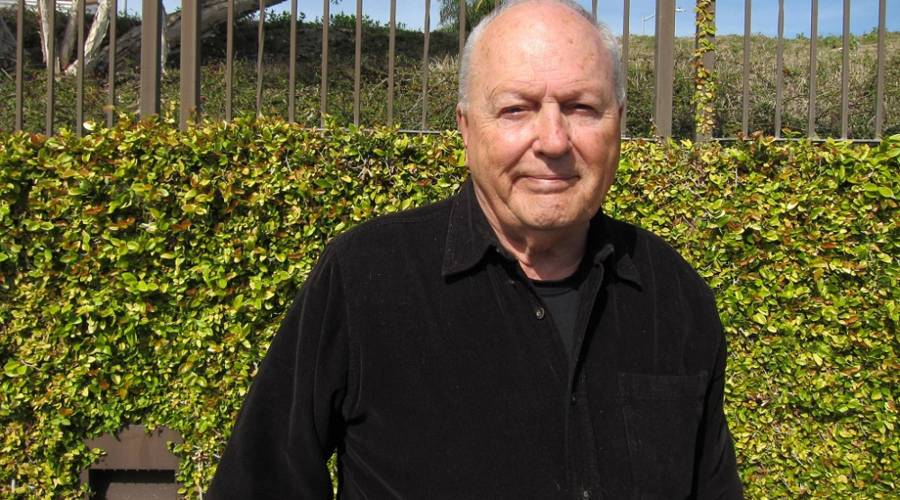25 years after welfare reform, let’s revisit “the magic bureaucrat”

It’s been 25 years since our country upended its welfare system – and so we’re looking back at our very first episode.
We spent that first season of “The Uncertain Hour” reflecting deeply on what welfare had become. Each of those episodes can still help us understand what’s happened to one of our nation’s oldest safety net programs, on this anniversary of its so-called “reform.”
On Aug. 22, 1996, President Bill Clinton signed the Personal Responsibility and Work Opportunity Reconciliation Act, meant to “end welfare as we know it.” It imposed strict time limits and work requirements on cash assistance for low-income families, and promoted a “work first” approach to the social safety net. At the time, “welfare reform” had bipartisan support.
Since then, a lot has changed. Some poor families left welfare because they found jobs that helped raise them out of poverty. But the number of families who remain in poverty yet no longer receive cash assistance has ballooned. In 1996, for every 100 families living in poverty, 68 of them received cash assistance through welfare. At last count, just 23 of every 100 poor families got that help. Those stats have prompted plenty of debate on both sides of the aisle about how welfare should work – and whether the current systems work at all.
In this reprise of Season 1 Episode 1 of “The Uncertain Hour,” we tell the story of the “Magic Bureaucrat” — the former director of a suburban county welfare office who helped launched the welfare reform movement 25 years ago, with the aid of a self-produced pop album.
Check out the whole first season to learn more — from the story of a woman who exposed the racism built into the welfare system from its early days, to an investigation of some of the very surprising ways states have spent federal welfare funds in the last 25 years. Money has gone to marriage counseling workshops, college scholarships for middle–class families and religious “crisis pregnancy centers” that try to steer women away from abortions.
The future of this podcast starts with you.
This season of “The Uncertain Hour” tells the unheard stories of real people affected by the welfare-to-work industrial complex.
Stories like these are seldom in the limelight. It takes extensive time and resources to do this type of investigative journalism … to help you understand the complexity of our economy and to hold the powerful to account.
We need your support to keep doing impactful reporting like this.
Become a Marketplace Investor today and stand up for vital, independent journalism.
















